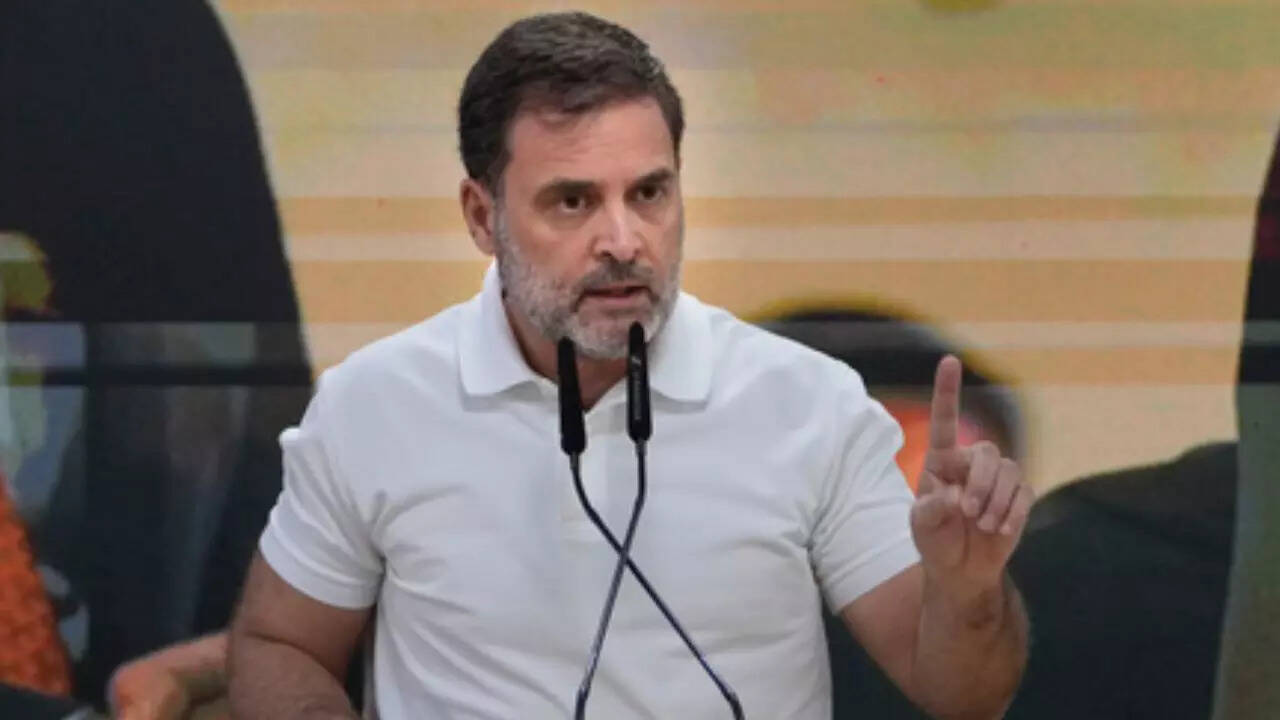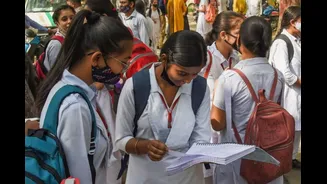Approving the Terms of Reference (ToR) for the Eighth Pay Commission, the government has set in motion a huge fiscal exercise that envisages salary increases for about 1.2 crore central employees and pensioners.
The commission, to be headed by retired Supreme Court judge Justice Ranjana Desai, also includes IIM Bangalore professor Pulak Ghosh as a part-time member and petroleum secretary Sanjay Jain as member-secretary.
It will submit its recommendations in 18 months, that is by mid-2027, but the upgraded salaries and pensions are likely to kick in with retrospective effect from January 1, 2026. The Seventh Pay Commission was constituted in 2014, and its recommendations took effect from January 1, 2016.
The commission faces a tough balancing act between fiscal prudence and employees’ expectations. It has to evaluate the country’s economic growth and inflation, as a stable economy will give it more room to hike pay. It also has to keep in mind that funds remain available for developmental projects and welfare schemes while ensuring a higher payout for central employees.
The government’s pension liability is considerable since all those who joined the central government before January 1, 2004, are still getting pensions under the Old Pension Scheme, which is non-contributory. Armed forces personnel are also allowed to remain under the OPS.
The central government pension payout exceeds Rs 26 lakh crore currently. The benefits of the National Pension Scheme, which was introduced in 2004 to shift retirees to a market-linked contributory model, will only be visible in the 2040s, according to experts.
The Pay Commission also has to study how its recommendations could affect the fiscal situation of states since most of them ultimately adopt them. The commission has to do a comparative study of pay and perks of central government employees and those in public sector undertakings and private companies to ensure fairness.
Pay panels usually recommend substantial hikes in basic pay and rationalise other key allowances like the HRA, the dearness allowance, and the leave travel allowance. The DA is revised twice a year, based on the consumer price index, and pensioners also receive dearness relief. However, increasingly, there is a cry for more accountability and better performance to go with higher pay.
Critics say the regular increase in pay and pensions is unsustainable, as they threaten to reduce funds for infrastructure, healthcare, and education. Yet, with general elections due in 2029, the Modi government is faced with a dilemma, as any delay in implementing pay increases will alienate the bureaucracy and pensioners, but early implementation could result in widening the fiscal deficit.
Setting up the Pay Commission appears to be a routine exercise, but its working is far from that. It has its task cut out to ensure a sustainable fiscal model, which will define the next decade.
















